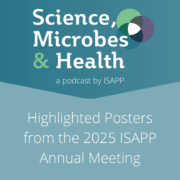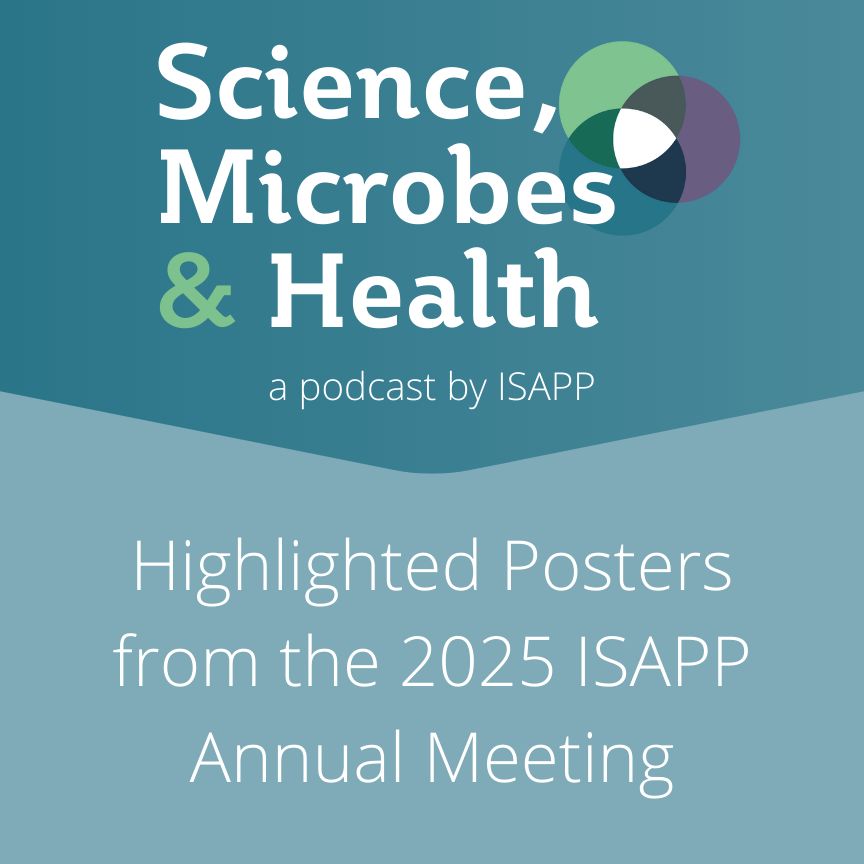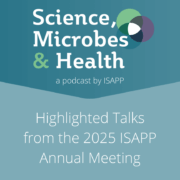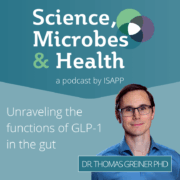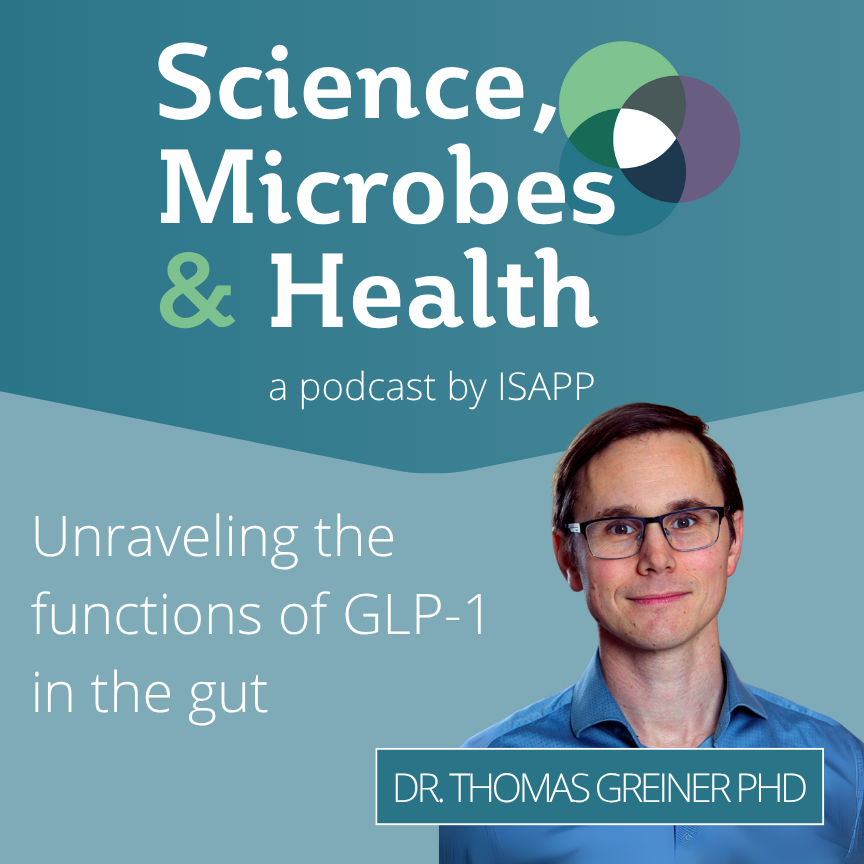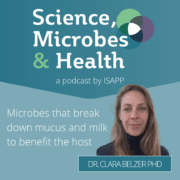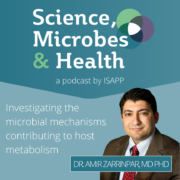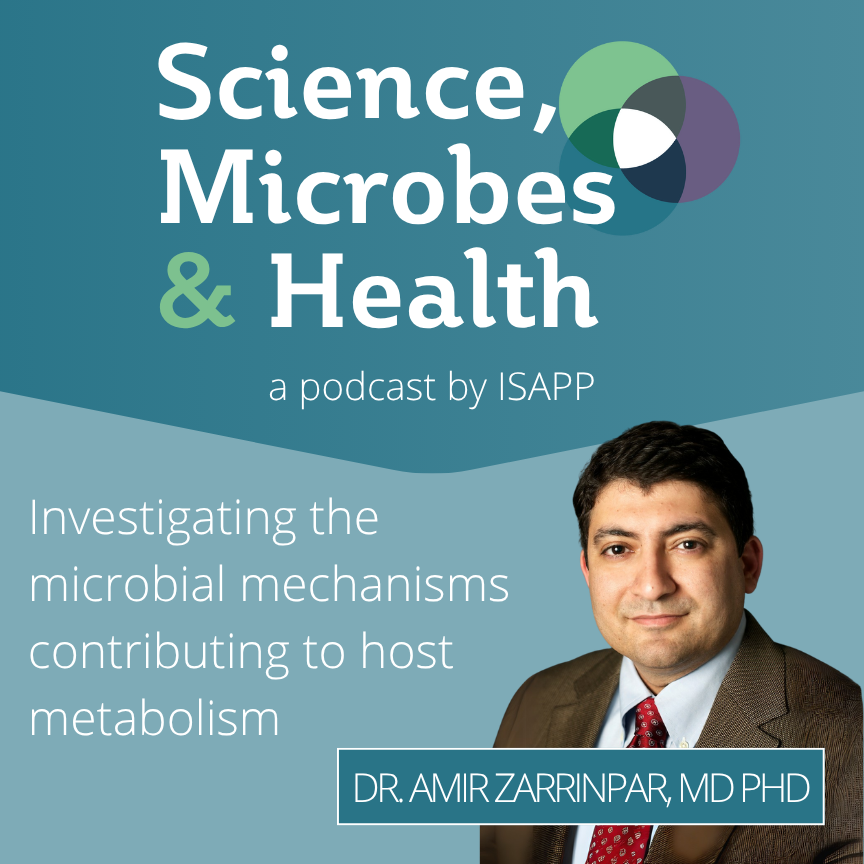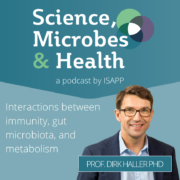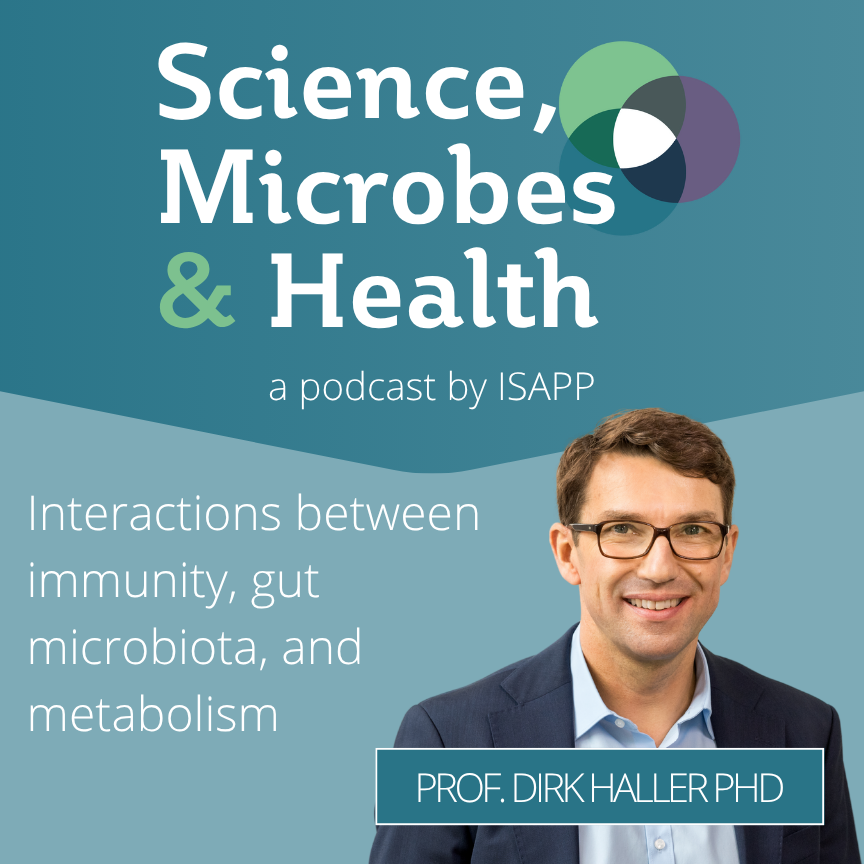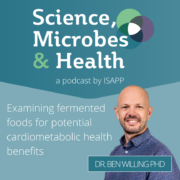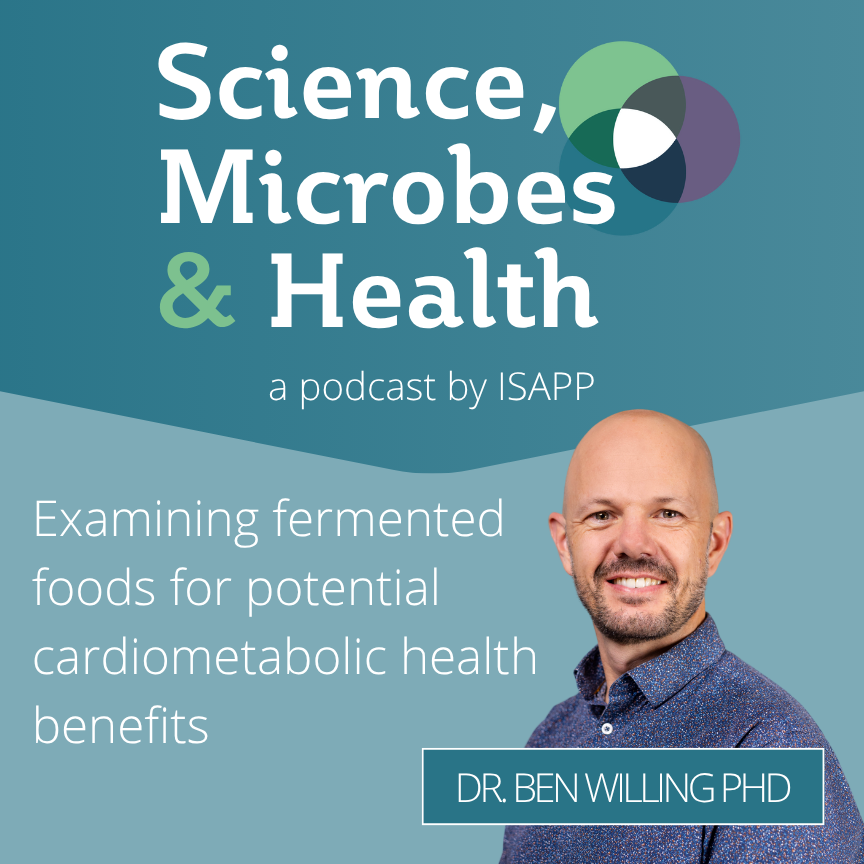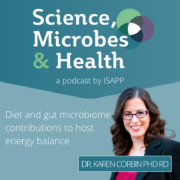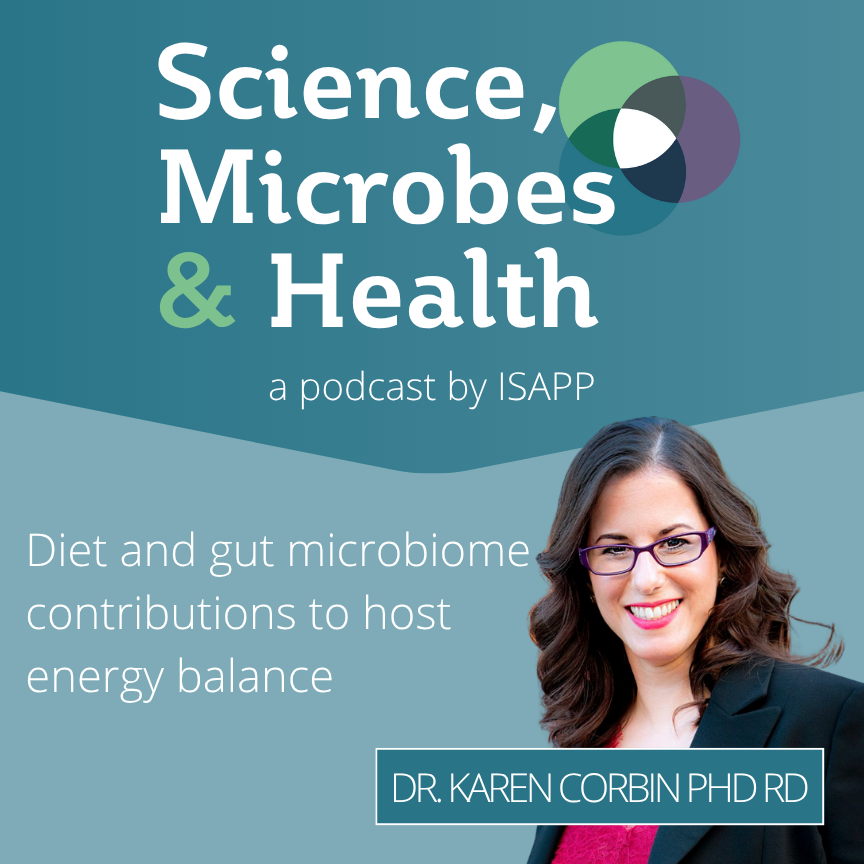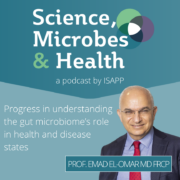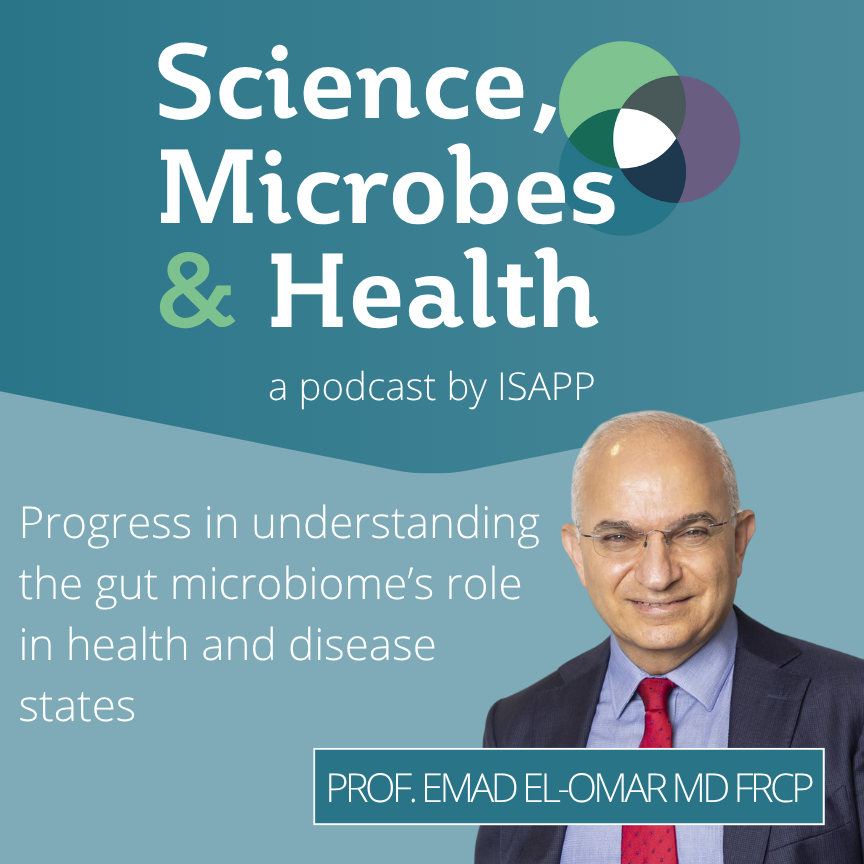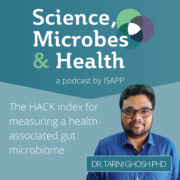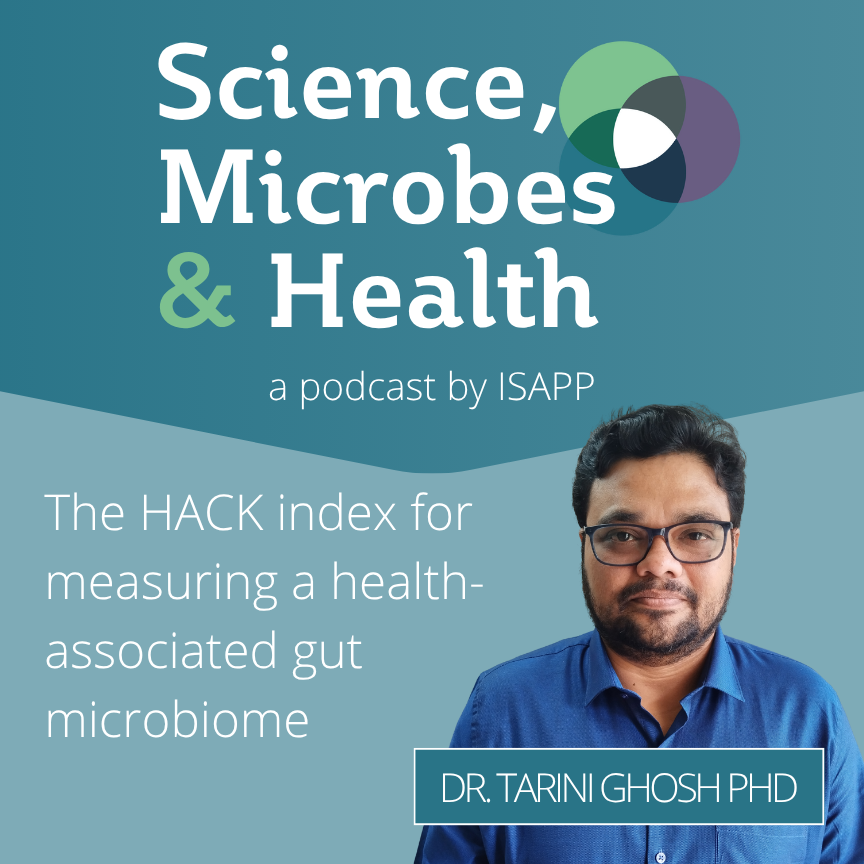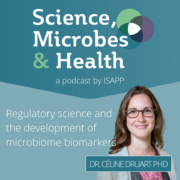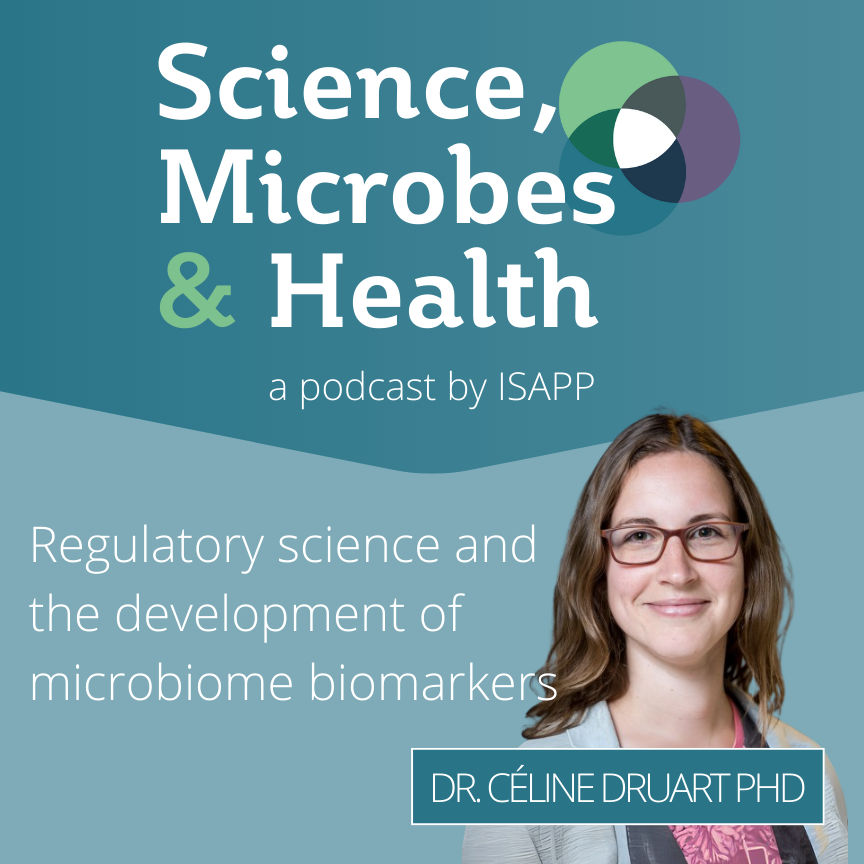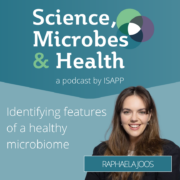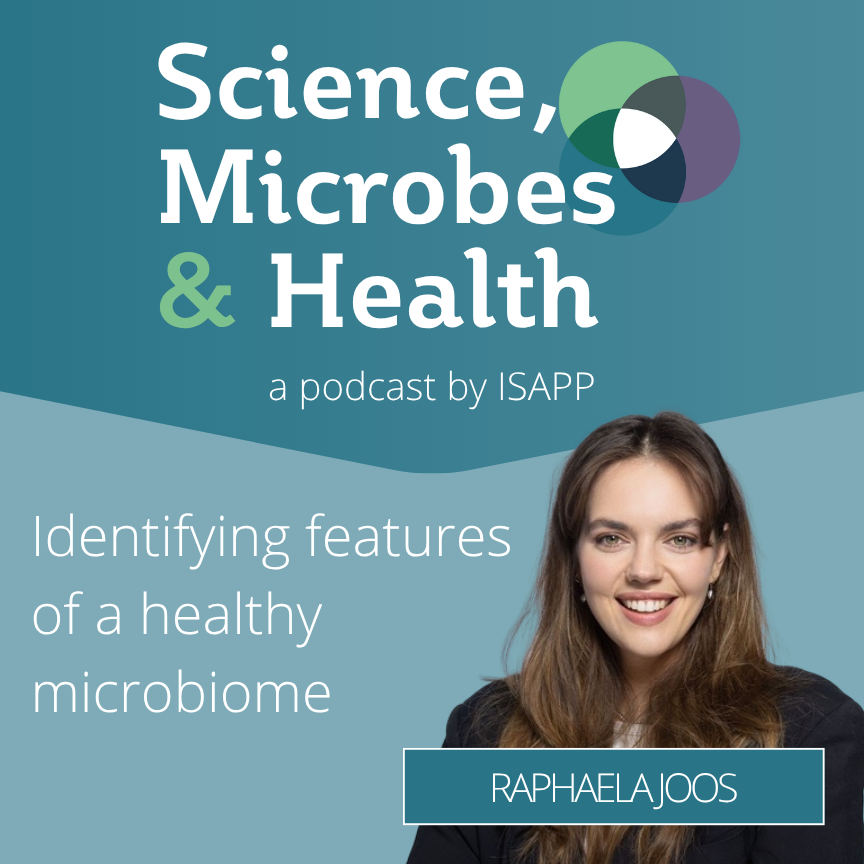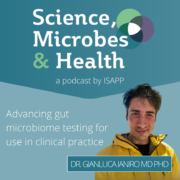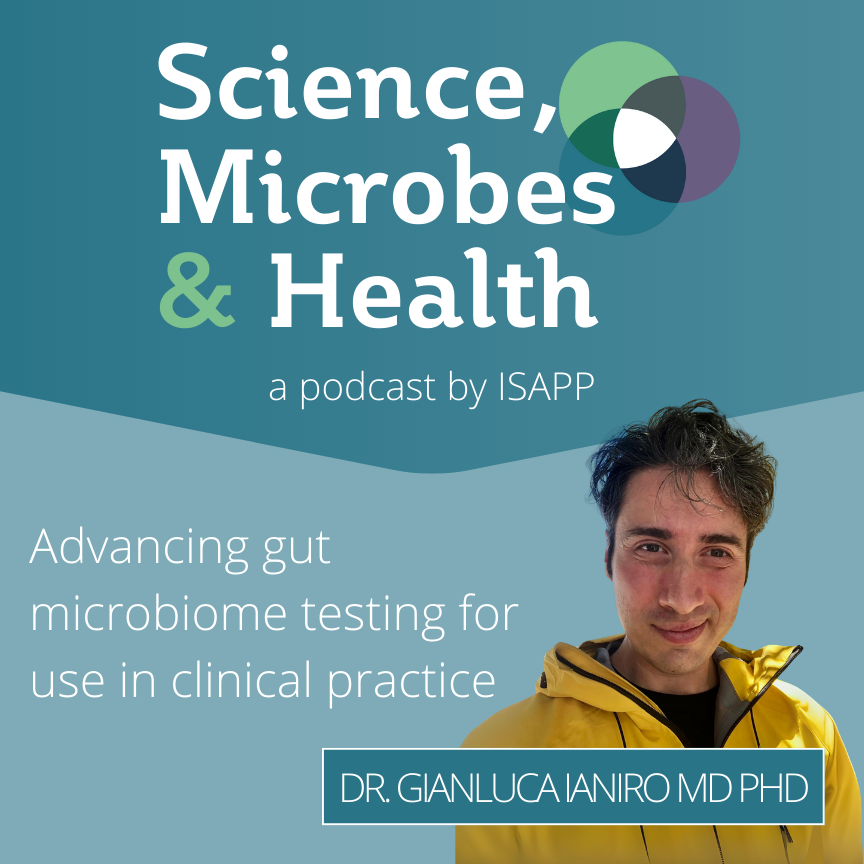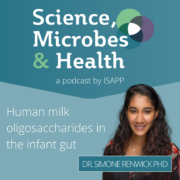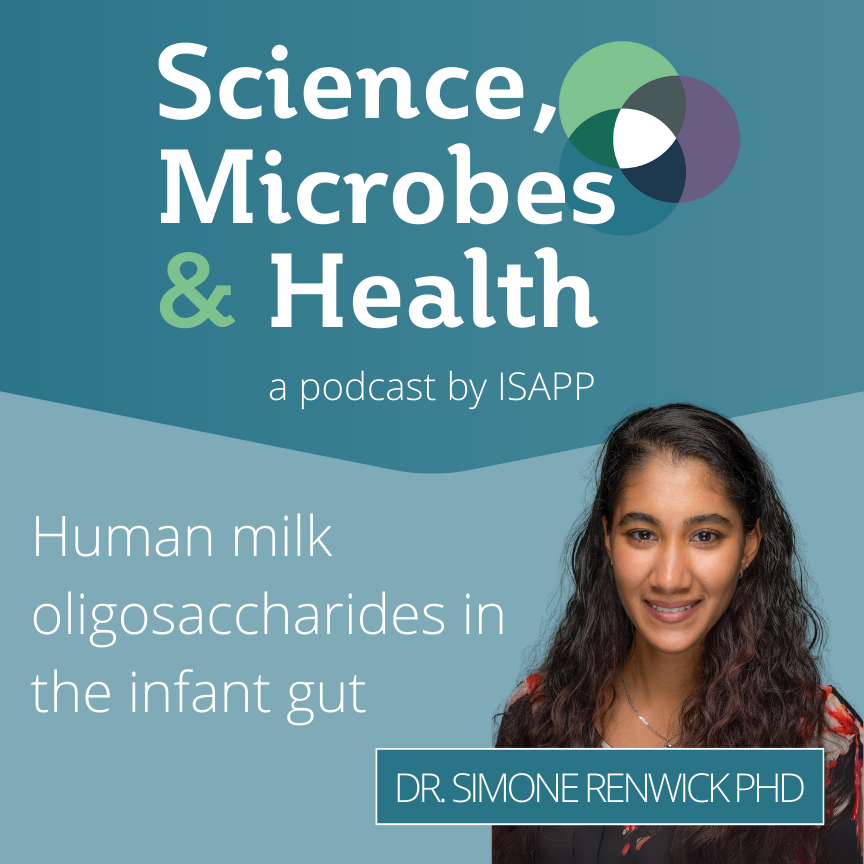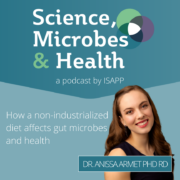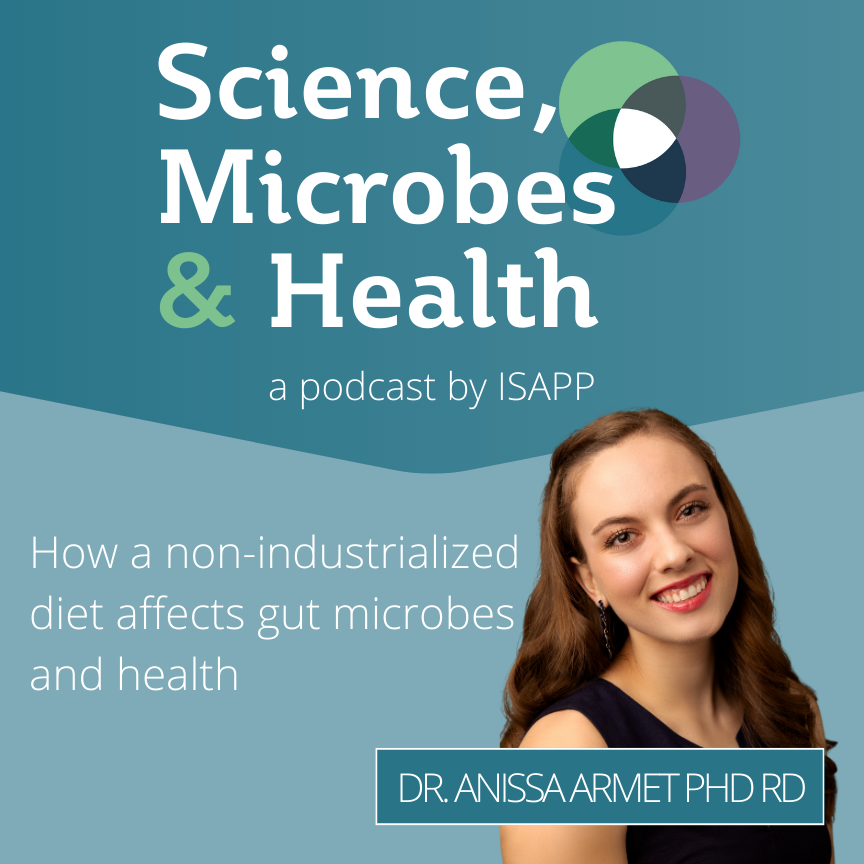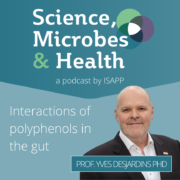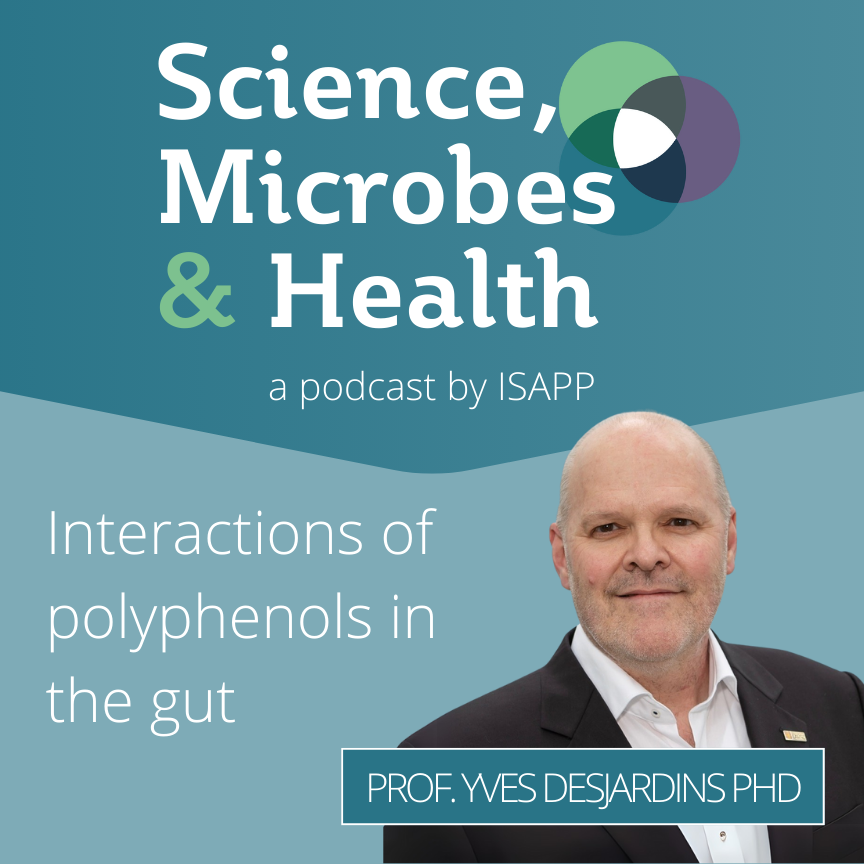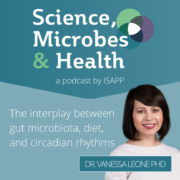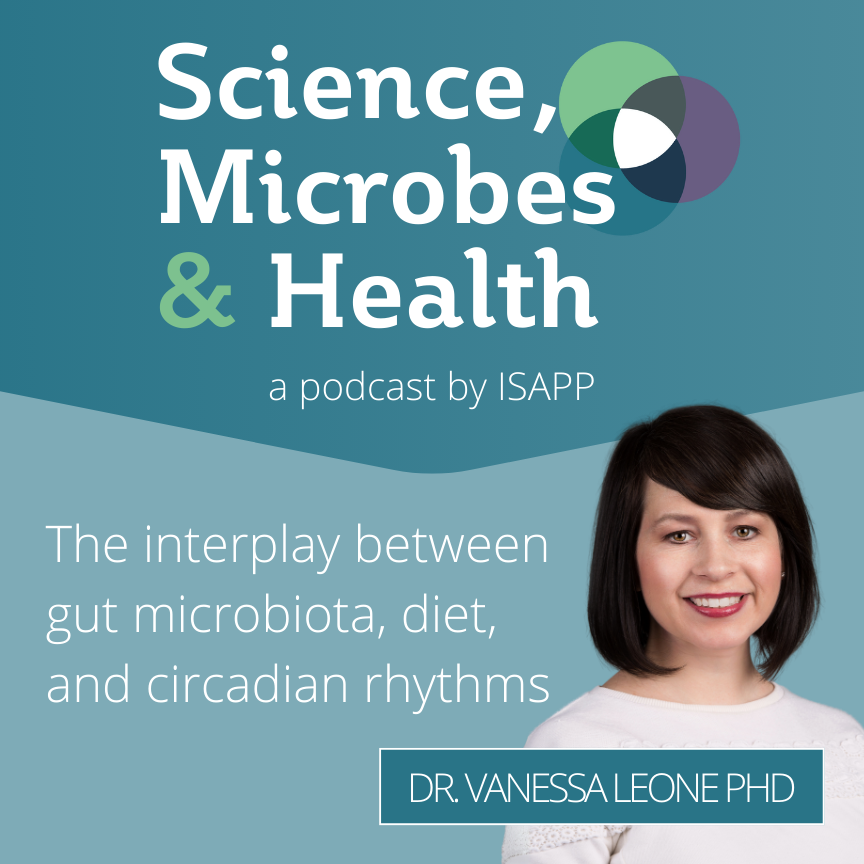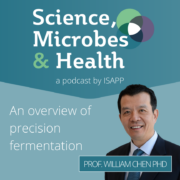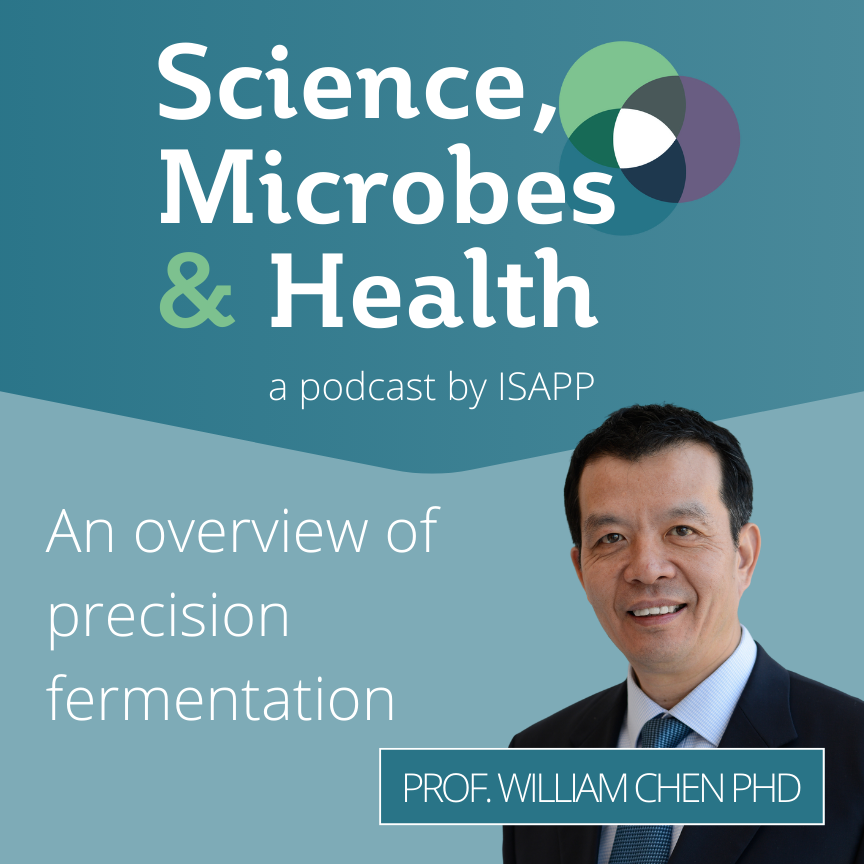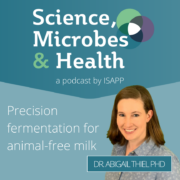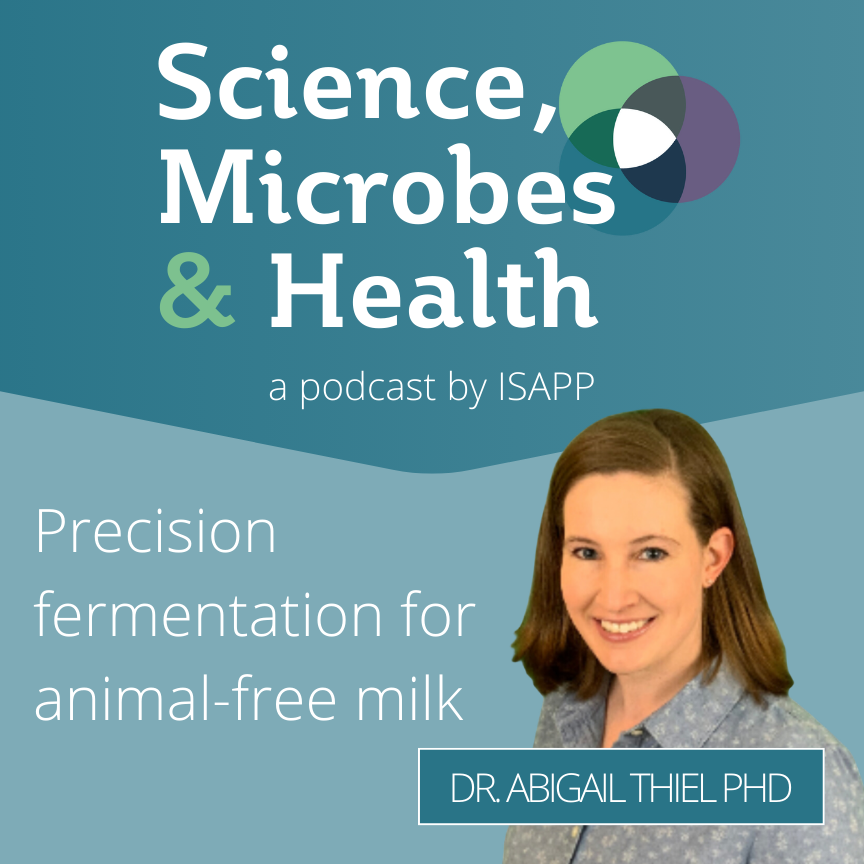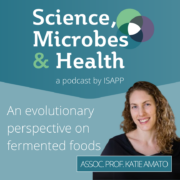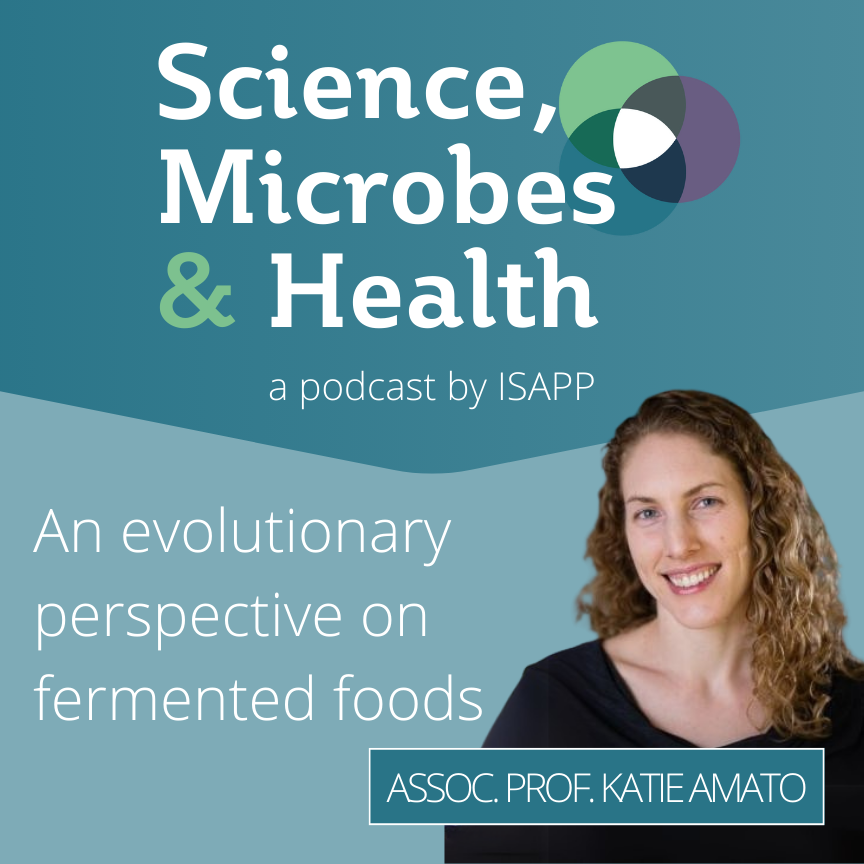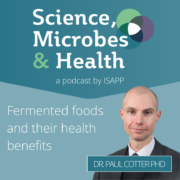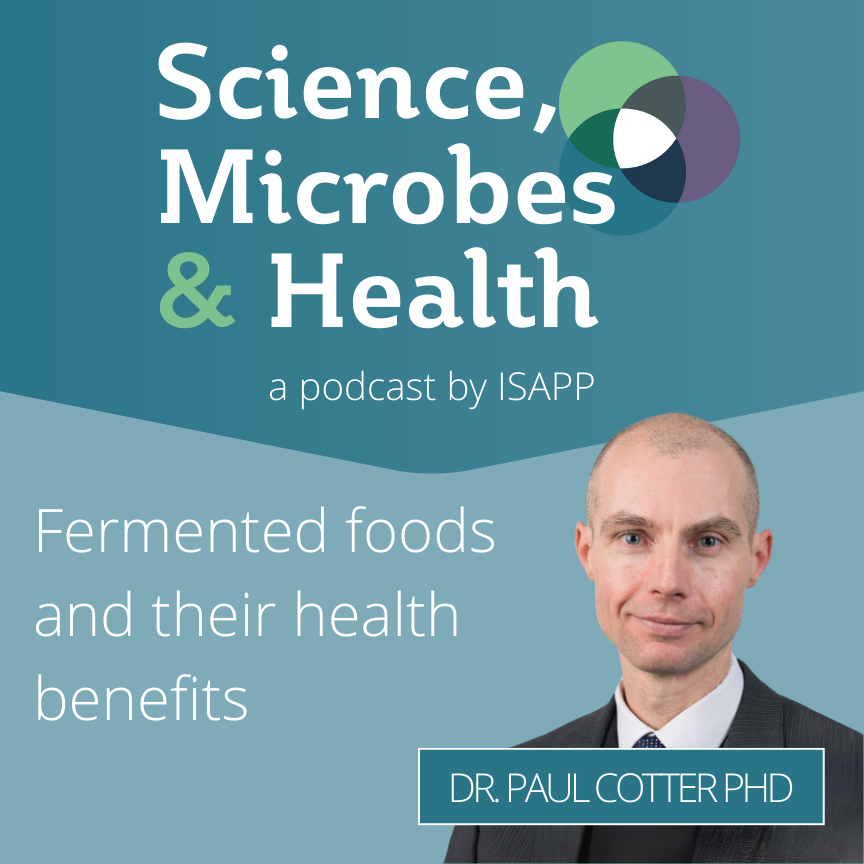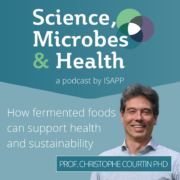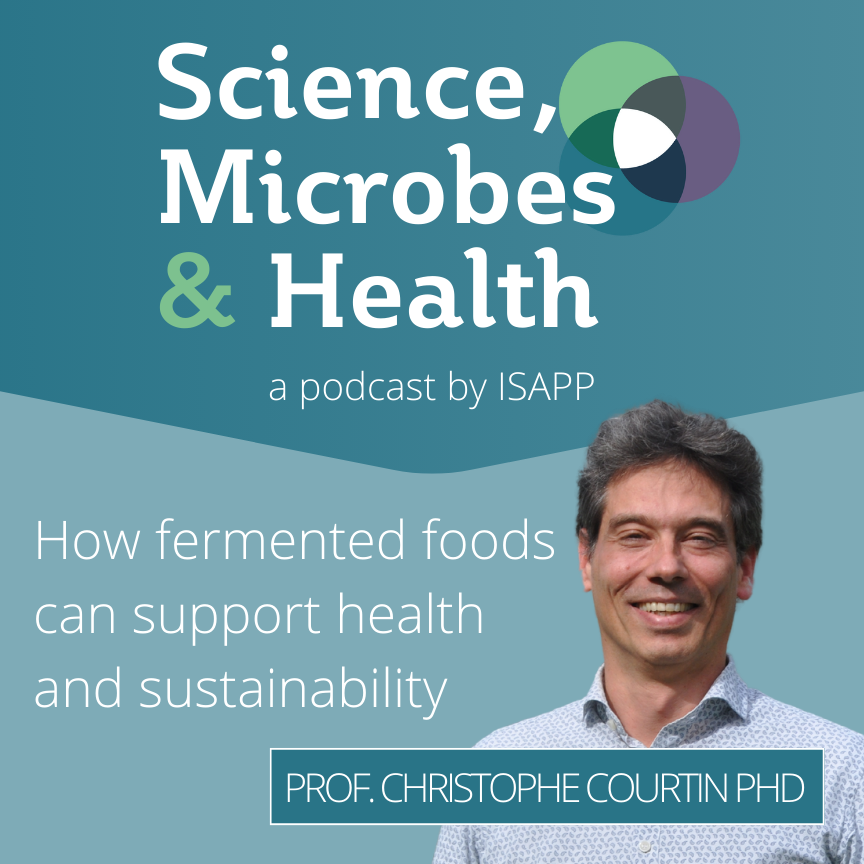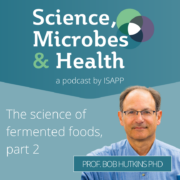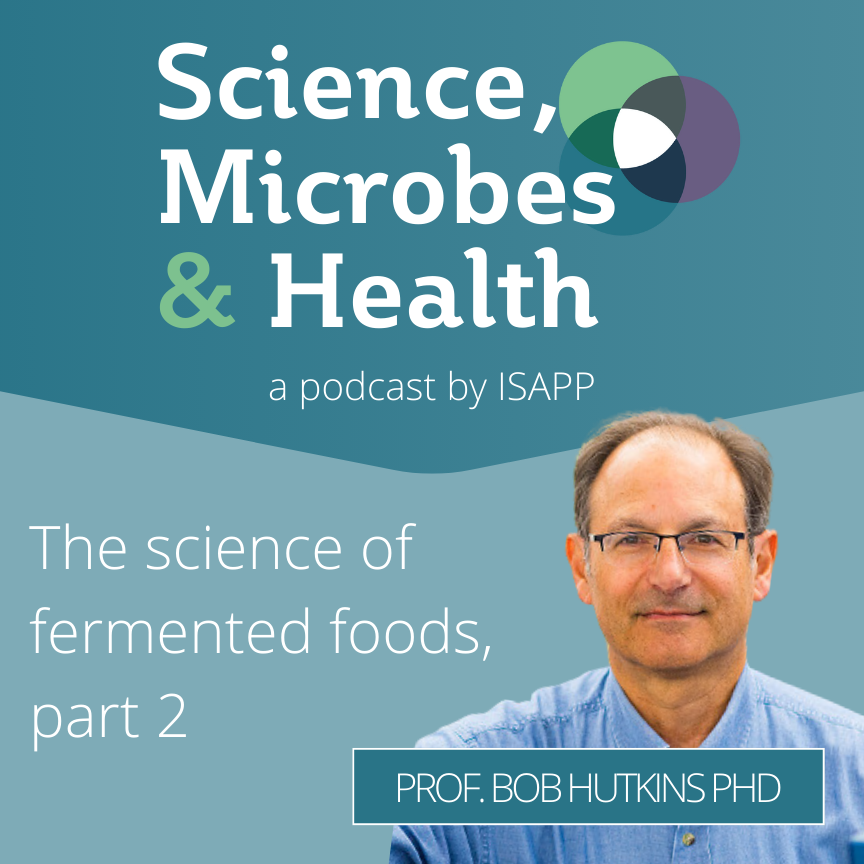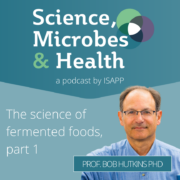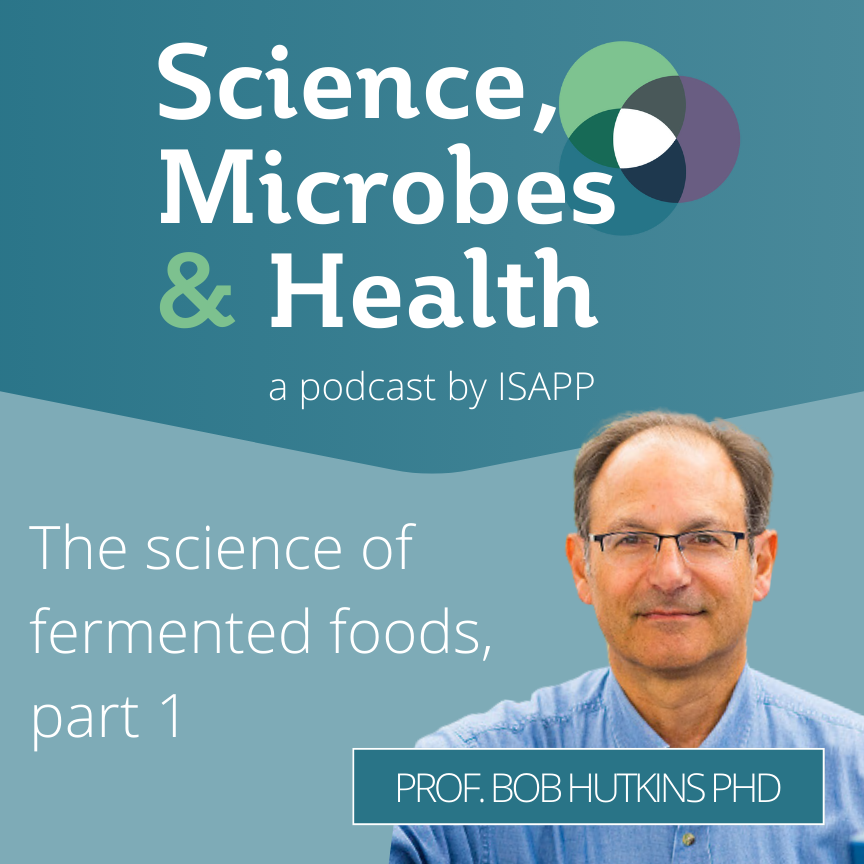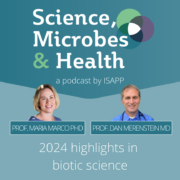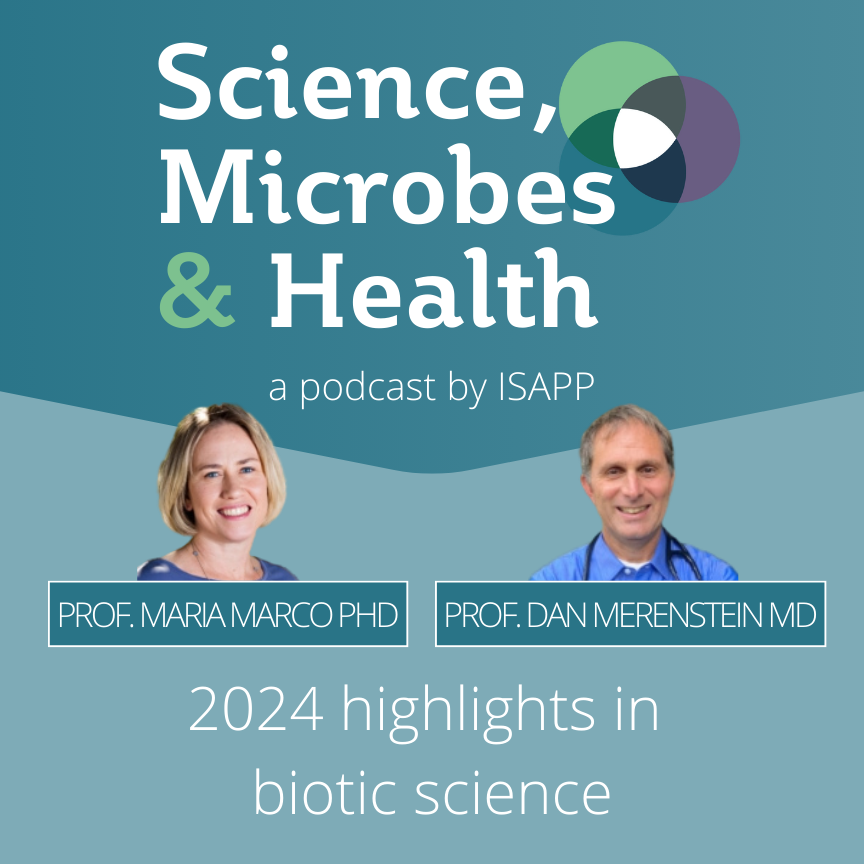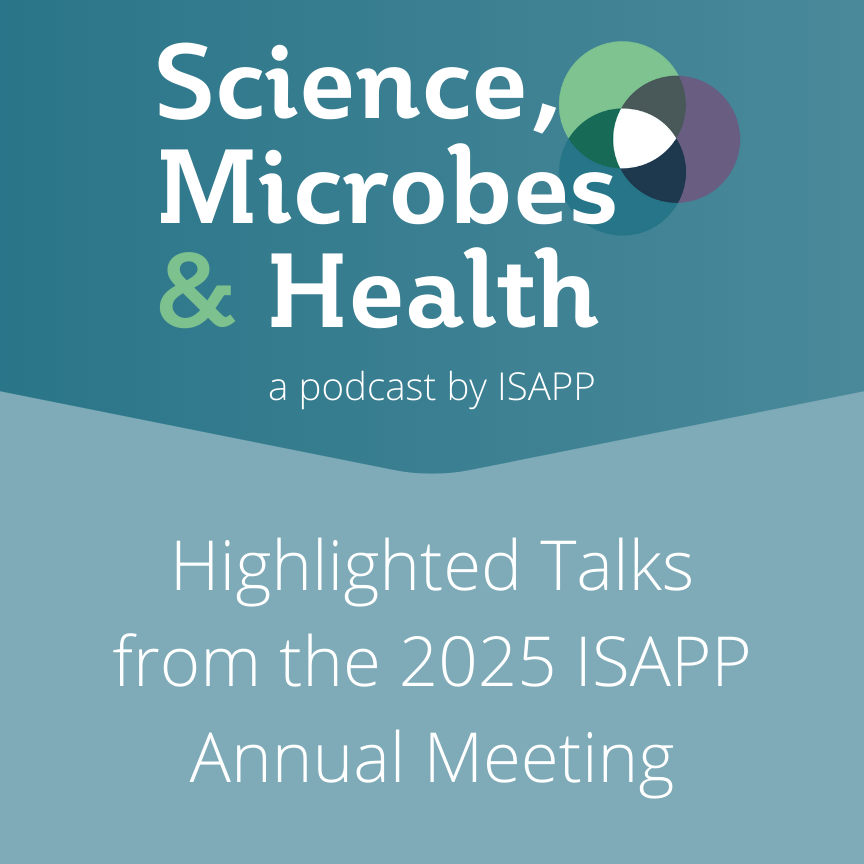
Podcast: Play in new window | Download
Subscribe: Apple Podcasts | Spotify |
In this special episode, ISAPP’s Executive Director Marla Cunningham highlights ISAPP’s annual meeting, held in Banff, Canada in July 2025. Four speakers join the podcast to describe their talks from the meeting:
- Dr. Carolina Tropini PhD (University of British Columbia): Leveraging the gut environment for functional biosensor microbes
- Prof. André Marette PhD (Université Laval): Next generation probiotics for metabolic and liver health
- Dr. Peijun Tian PhD (Jiangnan University): Psychobiotics: unveiling the molecular basis of host mood regulation
- Josiane Kenfack (University of Yaounde I): The Leke project: Mapping the vaginal microbiome and benefits of vaginal lactobacilli in Cameroon
Episode abbreviations and links:
About our speakers:
Carolina Tropini, University of British Columbia, Canada
Dr. Carolina Tropini is an Assistant Professor at the University of British Columbia in the Department of Microbiology and Immunology and the School of Biomedical Engineering, and a Canada Tier 2 Research Chair in Quantitative Microbiota Biology for Health Applications. In 2020 she was nominated a Paul Allen Distinguished Investigator, and she was the first Canadian to be awarded the Johnson & Johnson Women in STEM2D Scholar, which was granted in the field of Engineering. She is the inaugural Alan Bernstein Canadian Institute for Advanced Research (CIFAR) Fellow in the Humans & the Microbiome Program and a Michael Smith Foundation for Health Research Scholar. In 2019, she was nominated as a CIFAR Azrieli Global Scholar.
The Tropini lab is investigating how a disrupted physical environment due to altered nutrition or concurrent with intestinal diseases affects the microbiota and host at a multi-scale level. They are a cross-disciplinary group that incorporates techniques from microbiology, bioengineering and biophysics to create highly parallel assays and study how bacteria and microbial communities function, with the goal of translating the knowledge gained to improve human health.
Dr. Tropini conducted her Ph.D. in Biophysics at Stanford University. Her studies in the laboratory of Dr. KC Huang combined computational and experimental techniques to investigate bacterial mechanics and morphogenesis. In 2014 she received the James S. McDonnell Foundation Postdoctoral Fellowship Award, and she joined the laboratory of Dr. Justin Sonnenburg at Stanford. During her post-doc, Dr. Tropini applied her background in biophysics to study the impact of physical perturbations on host-associated microbial communities living in the gut.
André Marette, Université Laval, Canada
Dr. André Marette is a Professor of Medicine and researcher at the Heart and Lung Institute Hospital Center (IUCPQ), and at the Institute of Nutrition and Functional Foods (INAF) at Laval University. He holds a Valbiotis Research Chair in plant bioactives and metabolic liver diseases and a Pfizer Research Fund in the pathogenesis of insulin resistance and cardiovascular complications.
Dr. Marette is an international renowned expert on how nutrition and the microbiome modulate immunometabolic pathways involved in obesity and cardiometabolic diseases (CMD). He is investigating the metabolic impact of nutritional interventions and microbiome-based therapeutics (probiotics, prebiotics) using both clinical and pre-clinical studies, and uses various cellular models and molecular tools to discover novel disease biomarkers and mechanistic targets. Dr. Marette’s research work has been published in over 330 papers, reviews and book chapters and also authored two books.
He has received several awards for his work including the prestigious Charles Best Award and Lectureship from the University of Toronto for his overall contribution to the advancement of scientific knowledge in the field of diabetes.
Peijun Tian, Jiangnan University, P. R. China
Peijun Tian is an Associate Professor and Master’s supervisor at the School of Food Science and Technology, Jiangnan University. He earned his Ph.D. in Food Science from Jiangnan University (January 2021) and was a visiting scholar at the APC Microbiome Institute, Ireland (September 2019–October 2020). He completed postdoctoral research at Jiangnan University, supported by the prestigious “National Postdoctoral Program for Innovative Talent” (top 1% in China). His research focuses on elucidating the interactions between gut microbiota and brain function, exploring the application of probiotics to mitigate stress, support neurodevelopment, and address neurodegenerative disorders. He has authored over 30 peer-reviewed articles, including three ESI Highly Cited Papers, with an H-index of 23 (Google Scholar, March 2025). In 2025, he was honored with the Glenn Gibson Early Career Researcher Award by the International Scientific Association for Probiotics and Prebiotics (ISAPP).
Josiane Kenfack, University of Yaounde I, Cameroon
Josiane Kenfack is a PhD student passionate about scientific research aimed at improving women’s health through the advancement of studies of the vaginal microbiome and probiotics. Josiane is co-coordinator of a citizen science project in Cameroon, the LEKE project. This project was inspired by the Isala project (https://isala.be/en/) which aims to better understand the female microbiome while raising awareness about vaginal health and breaking taboos. Through the LEKE project, Josiane and colleagues have conducted field activities to explore vaginal and menstrual health and promote good practices with women and men in rural and urban areas. In her ongoing research, she is investigating beneficial lactobacilli that could serve as biotherapeutics or probiotics development to combat conditions such as bacterial vaginosis, HIV, and sexually transmitted infections which are still prevalent in Africa. while she co-coordinates in Cameroon the IMVAHA project which aims to determine the impact of different menstrual products on the vaginal microbiome.
Sign up for our monthly newsletter
Follow us on LinkedIn, Bluesky, X, Facebook, Instagram, Threads

